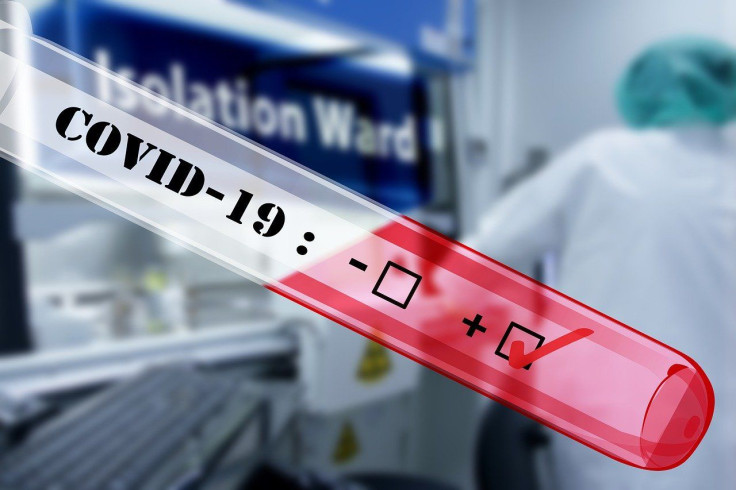Breakthrough In Coronavirus Testing: $50 Smartphone Accessory Identifies Pathogens In Minutes
Reporting infectious pathogens via rapid, sensitive, and specific detection is crucial for patient management as well as surveillance of disease outbreak. A new point-of-care system integrated with a smartphone can detect live viruses from nasal swabs, a new study reported.
Researchers at the University of Illinois have demonstrated that an inexpensive yet sensitive smartphone-based testing device can detect viral as well as bacterial pathogens within 30 minutes. The new accessory could reduce the burden on testing laboratories, especially during the current COVID-19 pandemic situation. The results of the study are published in the journal Lab on a Chip.
“The challenges associated with rapid pathogen testing contribute to a lot of uncertainty regarding which individuals are quarantined and a whole host of other health and economic issues," Phys.Org quoted electrical and computer engineering professor Brian Cunningham.
The researchers aimed at detecting a pane of viral and bacterial pathogens in horses, including those that are responsible for severe respiratory illnesses similar to those presented in SARS-CoV-2.
"Horse pathogens can lead to devastating diseases in animal populations, of course, but one reason we work with them has to do with safety. The horse pathogens in our study are harmless to humans," Phys.Org quoted Cunningham.
It comprised of a small cartridge containing testing reagents and contains a port to insert a blood sample or a nasal extract. This accessory is clipped to a smartphone device.
The cartridge contains reagents that break open a pathogen’s outer shell in order to gain access to its RNA. A primer molecule then amplifies it into several million copies within 15 minutes. When illuminated by blue LED light, the copies glow green. This is, then, detected by the smartphone device’s camera.
“This test can be performed rapidly on passengers before getting on a flight, on people going to a theme park or before events like a conference or concert. Cloud computing via a smartphone application could allow a negative test result to be registered with event organizers or as part of a boarding pass for a flight. Or, a person in quarantine could give themselves daily tests, register the results with a doctor, and then know when it's safe to come out and rejoin society," Phys.Org quoted Cunningham.

© Copyright IBTimes 2024. All rights reserved.






















